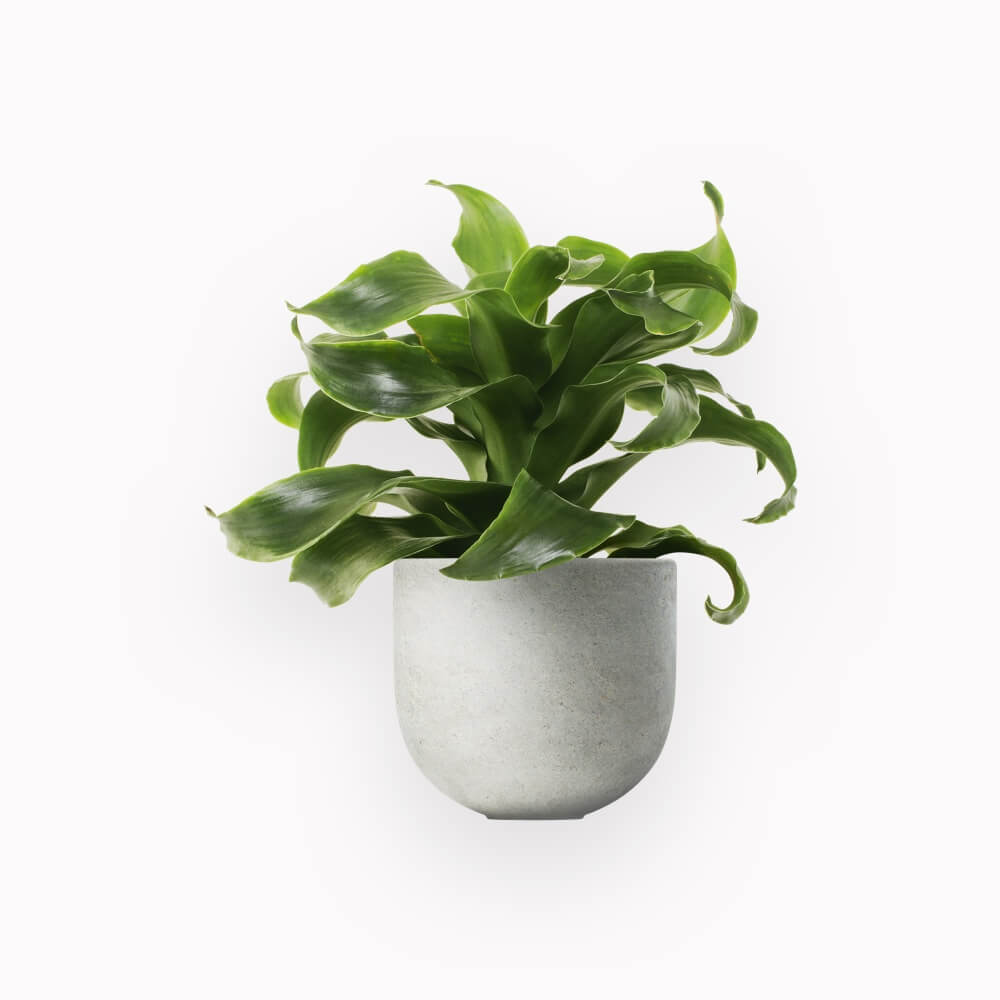What is your favourite oil: coconut oil, groundnut oil, sunflower oil, flaxseed oil, olive oil? Regarding their health benefits, none of these oils can compare with Palm oil. Surprised? You are probably astonished because palm oil is everywhere and is cheaper than other oils. Remember that biblical saying: ‘A prophet is always respected except in his own country’. Palm oil is a native of West Africa. It is a prophet of good health, fertility, radiant skin, stamina and high energy levels. The only problem is that it is too common and even too cheap. As a result, we prefer the more expensive, processed, foreign and unhealthy oils. In recent years, oil palm growth has expanded to Southeast Asia, including Malaysia and Indonesia. These two countries currently produce more than 80% of the world’s palm oil supply. Perhaps we will appreciate red oil palm better we they begin to import it at very high prices. Nigerians love foreign and expensive things!
In many African homes of old, palm oil was the number one medicinal cure for many ailments: headaches, joint pains, stomach pains, cough, asthma, and many others. Studies show that it has been used for 5000 years. It is called ‘red oil’ or ‘red palm oil’ because of its red colour. The colour is due to the high levels of two powerful antioxidants: – Lycopene and – Beta-carotenes, the same antioxidants found in carrots. However, Red palm oil contains more lycopene and Beta-carotenes than the carrots and tomatoes.
The oil is derived from the fruit of the oil palm tree, which real name is Elaeis guineensis. Palm oil is one of the least expensive and most popular oils worldwide, accounting for one-third of global plant oil production. Red palm oil not only is high in Vitamin E, but it also contains an exceptional type: tocotrienol. This antioxidant is believed play a protective role in cellular ageing, atherosclerosis (heart disease), cancer, arthritis, and Alzheimer’s disease.
Vitamin A is essential and can help to Protect bones, Improve the immune system and Keep mental function strong. There is no doubt that when it comes to oils, the red palm is the most nutrient rich. Aside from Vitamin E and A, a few others include, Vitamin K, CoQ10, Squalene (Compound linked to decreasing cholesterol), Phytosterols and flavonoids.
The health benefits of palm oil include its ability to improve energy levels and vision, prevent cancer, boost immunity, premature ageing, protect against heart diseases, lower cholesterol and blood pressure and even decrease stroke risk and severity. But wait a minute! Did I say it lowers cholesterol? Yes, you heard me correctly. Red palm oil is an effective remedy for cholesterol. Palm oil helps to regulate blood pressure and lower cholesterol. In fact, one of the ancient African remedies for food poison and excessive acidity of the stomach is to drink one shot (50 mls) of palm oil. Do you want scientific evidence? I have them in abundance, but space will not even allow me to delve into that area. One thing you must keep in mind, however, is that most scientific studies are not neutral. Many of such studies have some economic and political undertone and motivation.
In the 1980s there was a successful campaign in Europe and America against Palm oil. Based on ‘scientific research’, Palm oil was replaced with trans fats in many European and American products due to concerns that consuming tropical oils (Can anything good come from Africa?) might jeopardise heart health. However, after a series of studies, it was revealed that trans fat (Oyibo oils) was the real enemy. The fat was linked to heart diseases and other health complications, while palm oil was found not only to be harmless but very beneficial for health, including protecting brain function, reducing heart disease risk factors and boosting vitamin A levels. After that, food manufacturers resumed using palm oil. Palm oil also found its way into non-food products, such as toothpaste, soap and cosmetics.
You want a bright and radiant skin free from blemishes and a youthful face? Apply a little palm oil on your body and face daily. For centuries, palm oil was the number one body cream in west Africa. These days when most body creams in the market are filled with skin bleaching and carcinogenic chemicals, we should consider using palm oil as a substitute.
In my book Nature Power, published about twenty years ago, I describe a natural remedy for Asthma using palm oil as follows:
Tocotrienol, from Vitamin E, which is found in red oil, is very good for fertility. It has even been said that one of the reasons for the increase in Fibroids among Nigerian women and for the rising rate of infertility due to hormonal imbalance is the fact that we no longer take palm oil as our fore parents did. Do you remember those days of mama ibeji (mother of twins) among the Yoruba people? That was the period when women took lots of palm oil as part of their daily diet, resulting in high fertility rate. The problem started when we replaced red oil with all sorts of refined oils: groundnut oils, vegetable oils, olive oils, etc.
Studies suggest that palm oil’s antioxidant properties help prevent various types of cancers. It inhibits the development of skin, stomach, pancreas, lung, liver, breast, prostate, colon, and other cancers. Regular vitamin E supplement cannot perform these functions.
Palm oil’s antioxidant supply is also found to help prevent neurological degeneration by stopping free radicals that damage brain and nerve tissues, and promoting circulation, which increases your protection against diseases like dementia, Alzheimer’s, Parkinson’s, and other mental conditions.
Additional evidence also states that palm oil can help strengthen immune function and promote bone, eye, oral, lung, skin, and liver health. As a fat-rich oil, palm oil helps provide energy and enhance the absorption of fat-soluble nutrients such as vitamins A, D, and E. Consumption of red palm oil is safe, even in large amounts. It does not have any side effect similar to those induced by drugs. Because of palm oil’s composition, it metabolises more effectively with food, so there is less risk of having abdominal discomfort or bowel problems.



